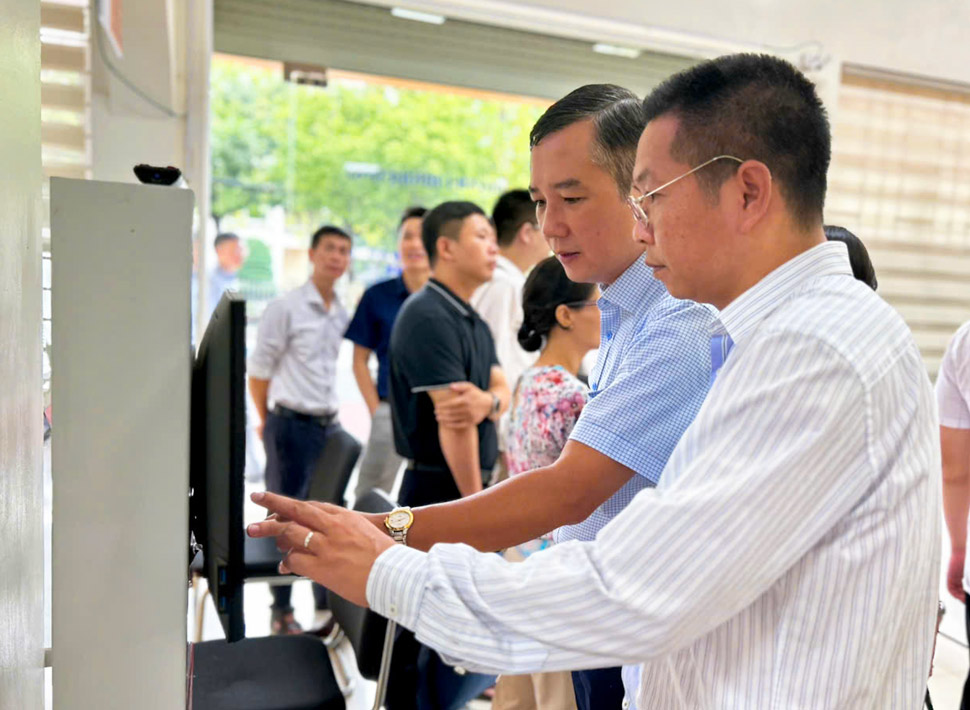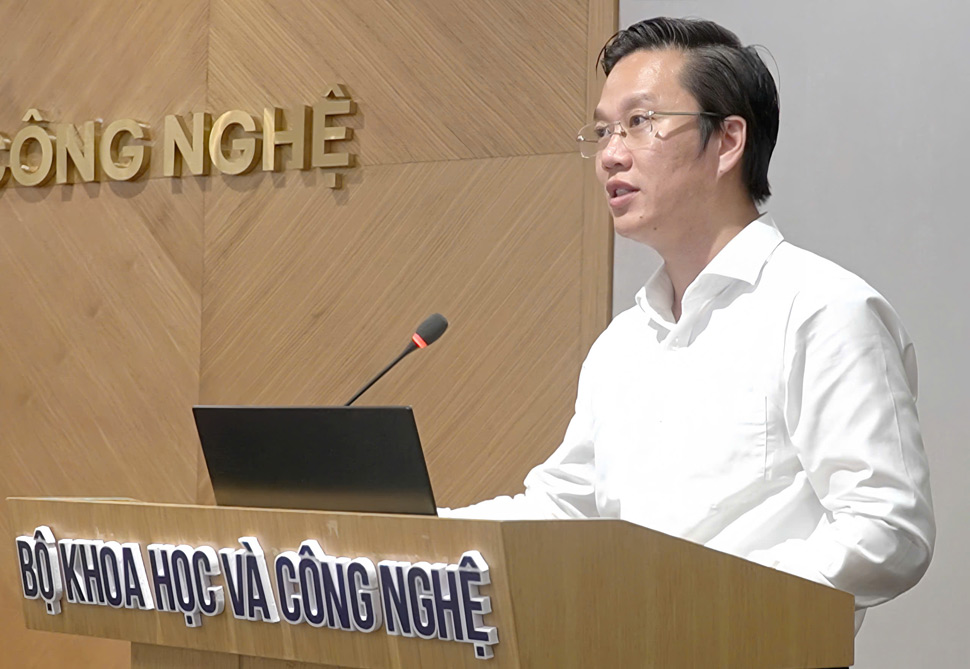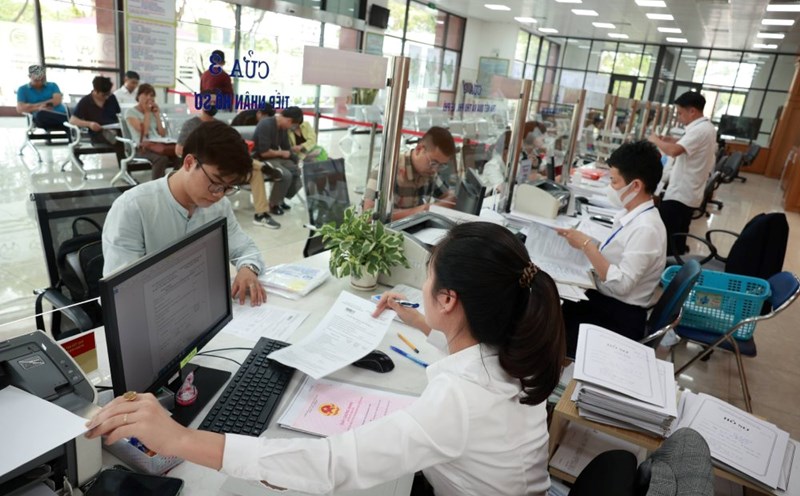
In the report at the State Management Conference in the third quarter of 2025, in addition to positive results in intellectual property, technology transfer; strong growth in the fields of post - telecommunications and digital transformation, according to Chief of Office of the Ministry of Science and Technology (KHCN) Ha Minh Hiep, many localities are still facing difficulties in implementing scientific and technological tasks.
In particular, Nghe An reflected that the registration of the task list according to Circular 09/2024/TT-BKHCN is still stuck due to new requirements, many proposals do not fully meet the goals and products.
Khanh Hoa lacks specific instructions on recognizing research results, leading to difficulties in using assets formed from task results. Vinh Long also encountered problems when the regulation on recognizing the results of tasks was abolished, causing the projects to be accepted but there has been no decision to recognize the difficulties in completing the contract liquidation.
In Hue, the selection of tasks is not close to local reality, many commercialization orientation topics do not closely follow market demand, so the application efficiency is low. Lang Son said that the selection of science and technology tasks is still limited and has not been closely resolved with the requirements of socio-economic development.

In the field of innovation, Ha Tinh clearly stated the difficulties in not having economic and technical norms to implement activities to support creative startups, lacking a risk-off investment mechanism, and risk acceptance. Improving the local innovation index also faces obstacles in the context of arrangement and merger. Lam Dong lacks standard tools and data to objectively assess the provincial innovation index.
In the telecommunications sector, many mountainous and border localities are still in the open. Thai Nguyen still has 55 villages without mobile waves; Dien Bien, Lai Chau, Cao Bang are also facing weak telecommunications infrastructure, many villages do not have electricity, causing many obstacles to internet coverage. Tuyen Quang reported that many areas with unstable waves due to mountainous terrain and sparsely populated areas.
Meanwhile, Quang Ninh reflects inadequacies in managing certified trademarks owned by People's Committees of districts and towns according to the old system, leading to difficulties in exploiting and promoting the value of geographical indications and regional products. Ha Tinh, An Giang, and Ho Chi Minh City have not been granted intellectual property data lookup accounts, making the handling of decentralized records dependent.
Localities also said that commune-level cadres have not been fully trained in their expertise in controlling, measuring and quality of products and goods. Dong Thap stated difficulties when many administrative procedures are delegated but there are no specific models, causing confusion when receiving and handling documents.
In the field of nuclear energy, Ho Chi Minh City reflects the inadequacy when the People's Committees at the provincial level have the authority to grant licenses but do not have access to data on the history of sanctions and legal status of organizations, leading to difficulties in management.
Faced with the above difficulties and problems, the Ministry of Science and Technology affirmed that it will continue to closely accompany localities. The Ministry will listen and coordinate promptly to remove each bottleneck in mechanisms, infrastructure, human resources and legal procedures.
This companionship is considered a key factor in helping local science, technology, innovation and digital transformation tasks to become practical, creating a foundation for sustainable socio-economic development.









